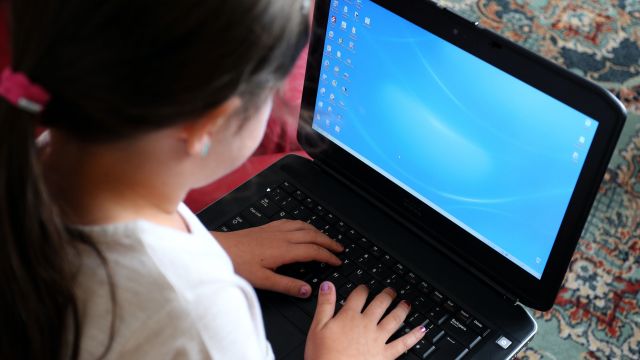A report into digital piracy by online safety group Internet Matters found that 56% of parents who were already illegally downloading content for their children admitted doing so more often since lockdown, with more than a quarter (27%) saying they were comfortable doing so.
But the research warns that parents should be concerned about where they download content from, highlighting data from the Industry Trust for IP Awareness, which suggests that one in three people who have accessed content illegally had been exposed to explicit or offensive content, for example through pop-ups.
Watch to see what parents tell us their concerns are when it comes to digital piracy. For support on how to address these risks, visit our advice hub: https://t.co/hTpHq05qs4 | https://t.co/n4qk81X3NU via @YouTube
#digitalparenting #onlinesafety— Internet Matters (@IM_org) October 19, 2020
That data also showed that nearly half of those who had downloaded something illegally had been exposed to a virus or some sort of hacking attempt.
Internet Matters said the increase in parents accessing such content on behalf of their children during lockdown was particularly worrying because nearly one in five of parents asked (18%) said they thought the process was safe.
In response, the online safety body has launched a new video campaign to highlight the dangers of digital piracy.
The group has partnered with parenting blogger Harriet Shearsmith to offer tips on how parents can ensure they and their children remain safe online.
“Like many parents and families, my kids are using technology and being more active online – from schoolwork to watching their favourite creators through to keeping in touch with friends and family,” Shearsmith said.
“We’re all living online more now than ever before. And being aware of our online safety as a family is hugely important to me.
“That’s why I’ve partnered with Internet Matters on this campaign to help inform and educate other parents about the dangers of downloading or streaming illegal content.”
The tips encourage people to use parental controls to help restrict internet browsing, as well as explaining the risks of digital piracy to children and sticking to official content sources.
Carolyn Bunting, chief executive of Internet Matters, said: “This research highlights that many parents may not be fully aware of the risks of digital piracy.
“Whilst children and adults alike might be tempted to stream or download a film or TV show, if it is not done through legitimate services, an innocent click can put them at risk of seeing inappropriate content or accidentally installing malware on their device, putting personal and financial information at risk.
“It’s why we’re launching an online hub and campaign. We want to arm parents with the knowledge and tools that help them choose safe content sources.”







